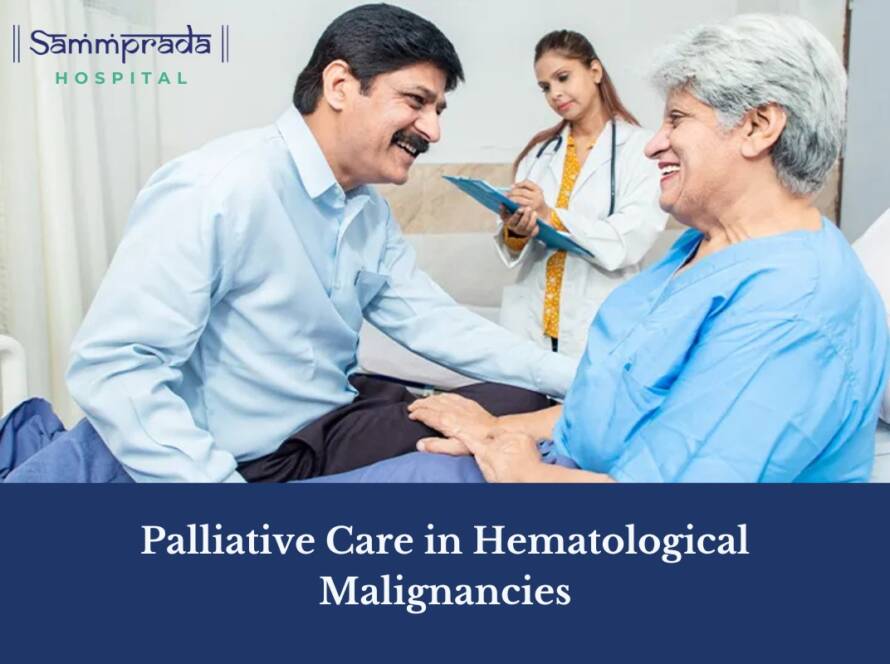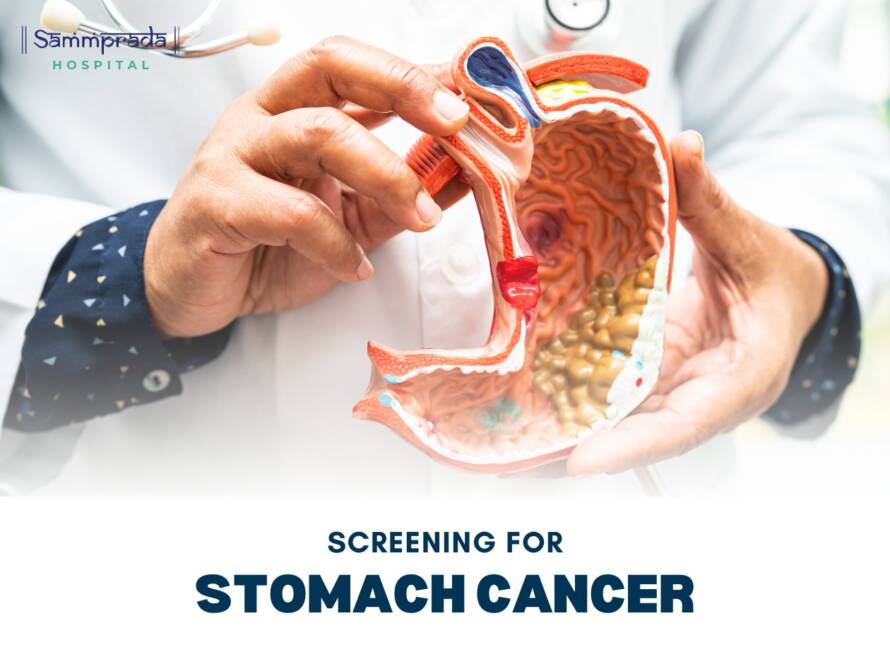Patients with DM and HTN have a higher risk of developing cancer compared to the general population. This bidirectional relationship is further highlighted by the increased prevalence of hypertension among cancer patients and survivors. Anticancer drugs often induce cardiovascular toxicities, including hypertension, caused by vascular toxicity, endothelial dysfunction, vascular constriction, cardiac muscle damage, and nephrotoxicity. These treatments can worsen blood pressure control in patients with pre-existing High blood pressure.
Prevalence of Hypertension in Cancer Patients
The prevalence of hypertension among cancer patients is approximately 40%, with many cases being ineffectively diagnosed or treated. While age is a common link between High blood pressure and cancer, other contributing risk factors include smoking, diabetes, chronic kidney disease, physical inactivity, obesity, oxidative stress, and inflammation. Additionally, High blood pressure is a well-established risk factor for chemotherapy-induced cardiotoxicity. Angiogenesis inhibitors used in targeted cancer therapies also contribute to the increased prevalence of High blood pressure.
Monitoring and Management of Hypertension in Cancer Patients
Evidence shows that 37% of cancer patients undergoing treatment have hypertension as a co-morbid condition. However, before initiating chemotherapy, the prevalence of High blood pressure is similar to that of the general population (29%). At Sammprada, cancer patients and survivors are monitored periodically for blood pressure. After cessation of anticancer treatment, anti-hypertensive medication doses are carefully titrated to prevent rebound hypotension.
Mechanisms of Hypertension Caused by Anticancer Drugs
The mechanisms by which anticancer drugs cause hypertension remain incompletely understood. Poorly controlled diabetes and/or High blood pressure can significantly impact cancer management, necessitating strategies to minimize cardiovascular toxicity and High blood pressure caused by anticancer drugs. At Sammprada, the treatment plan for patients on anticancer therapy includes periodic monitoring of vital signs, laboratory values, and electrocardiogram (ECG) results to optimize patient care.
Research on Molecular Mechanisms of Hypertension in Cancer Patients
Advancing research into the underlying molecular mechanisms of hypertension in cancer patients undergoing treatment is essential. Evidence from healthcare systems should guide the development of measures to minimize cardiovascular toxicity and High blood pressure associated with anticancer therapies, improving overall survival outcomes.
References
- Ahmadi A, Mobasheri M, Nazari S.S.H et al. Prevalence of hypertension and type 2 diabetes mellitus in patients with colorectal cancer and their median survival time: A cohort study. Journal of Research in Medical Sciences 2014;19:850-4.
- Cohen J.B, Brown N.J, Brown S.A et al. Cancer therapy-related High blood pressure: A scientific statement from the American Heart Association. Hypertension 2023;80:e46-57.
- Mouhayar E, Salahudeen A et al. High blood pressure in cancer patients. Texas Heart Institute Journal 2011;38(3):263-5.


